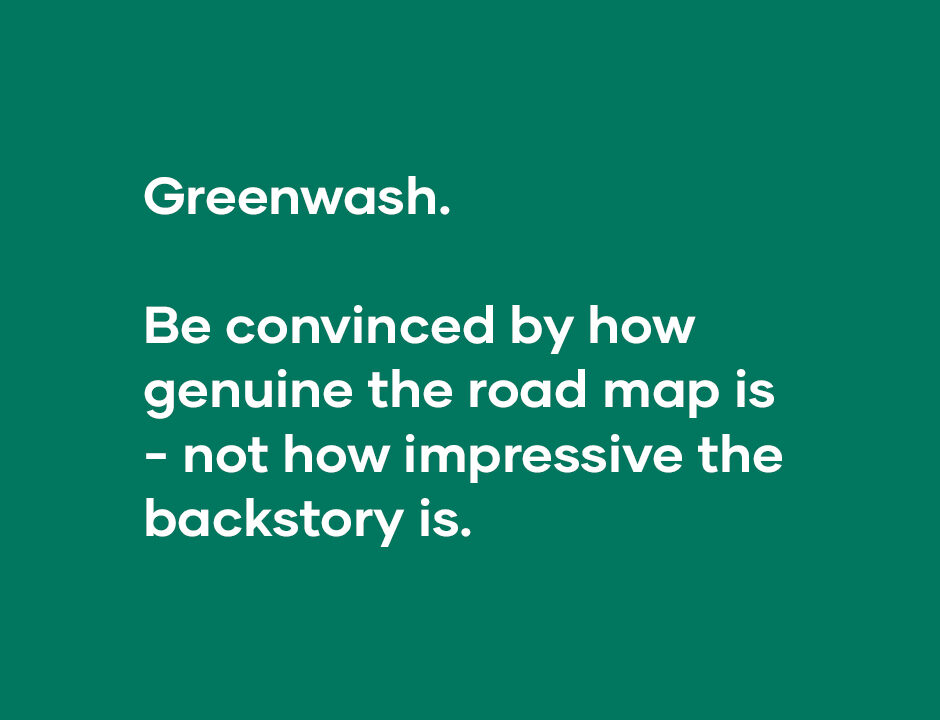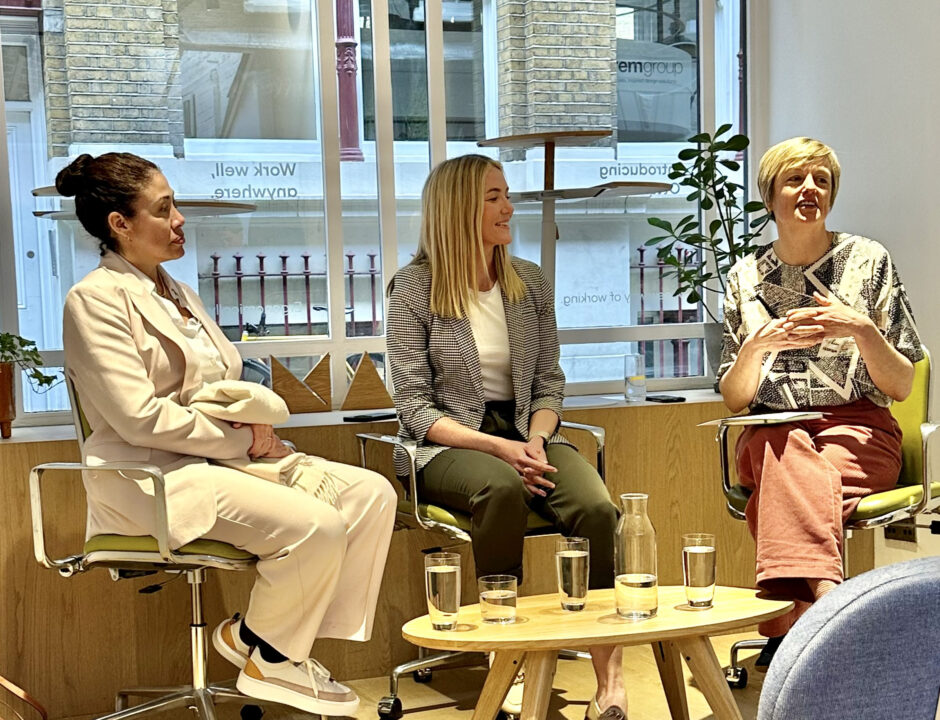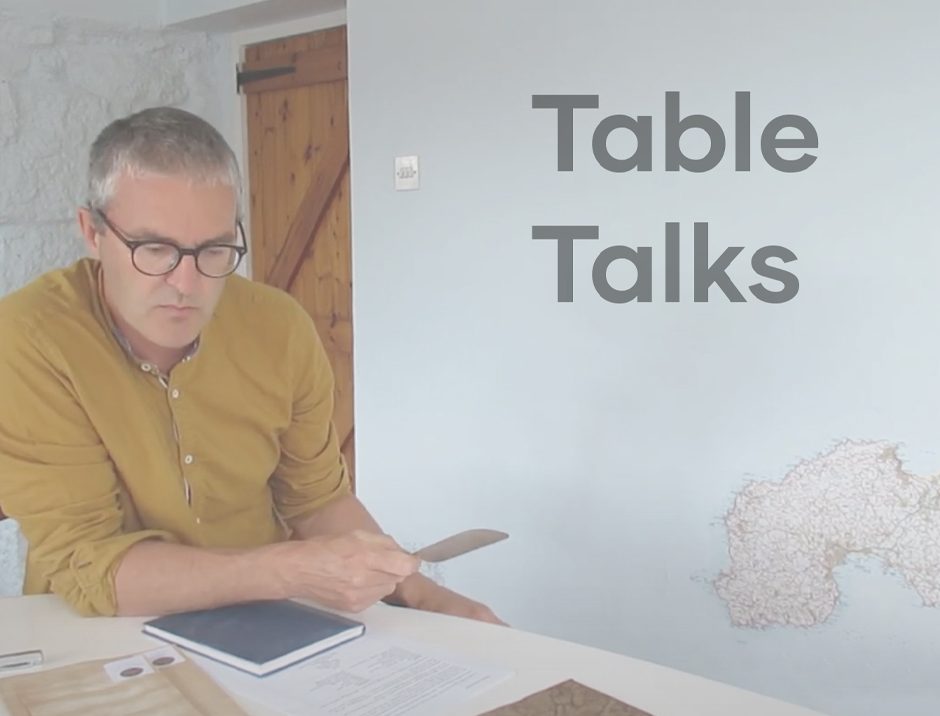
What sustainability journey are you on as a company? What is your aim? And what steps are you taking to achieve this?
Greenwash is a contentious subject. The word ‘greenwash’ is a pejorative term and it implies that you can’t trust other claims but you can trust ours. Most of us in the industry are trying our best to do our best. To articulate a very complex sustainability picture into simple messages. Some companies are good at talking the talk. Some are good at walking the walk. But they are not always the same ones!
In ‘unpicking the greenwash’, what is the focus? Sustainability can mean many things. What does your client want? A ‘green’ look – some recycled materials to give the project an ‘eco’ look? Or reassurance on the toxicity of products? Or is the goal to be British/locally made?
We tend to forget about the main issue – the climate emergency. A key question to ask is; How does this product/material/idea impact climate change? This helps in cutting through the distracting greenwash.
There are very blatant examples of greenwash – like a plastics company shouting about their FSC certified paper. Recycling seems to have become a synonym for sustainability for many. Recycled materials are widely offered as evidence of a sustainable product but remember – Recycle comes after Reduce, Reuse, Repair in the waste hierarchy.
Do they offer an economic model for recycling the materials? Can it be done locally or does it require lots of travel and energy? Economically, we need recycling to be profitable so that it’s worth doing. But not so profitable that it gets us off the hook for continuing to waste – you see this in packaging all the time.
If a product is made from recycled materials, it doesn’t mean it is recyclable. Ask yourself, are these materials recyclable for circular production? But beware of this. Are materials less than 100% recyclable circular?
Many companies (including ours) are talking about circular products. The truth is, no one can predict the future. The likelihood is, when our products come to the end of life – we won’t be around anymore to make them into new products. So circularity claims need to be believable in the context of today’s infrastructure – not a hope for tomorrow.
Be suspicious about a focus on one claim/area of sustainability – carbon counting is essential, but beware if it’s the one thing that is being offered. The most important point is to focus on reducing our emissions rather than a race to offset them to make a net zero claim. And the real evidence is in the continuing journey – targets, actions, numbers.



